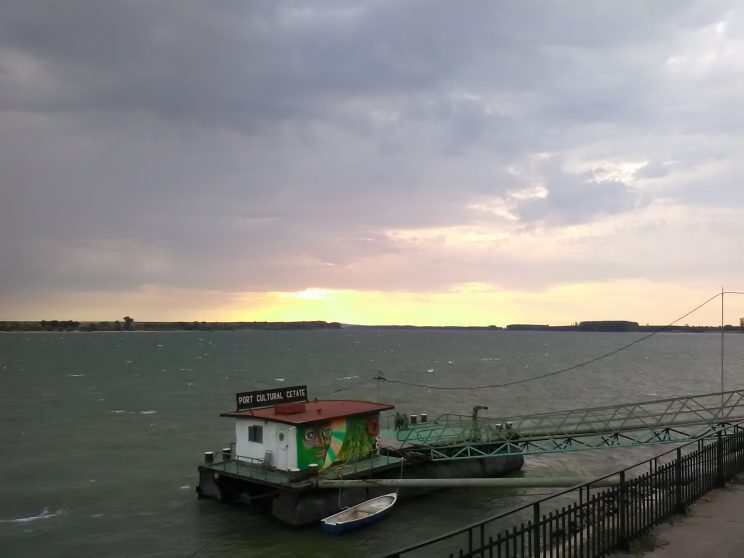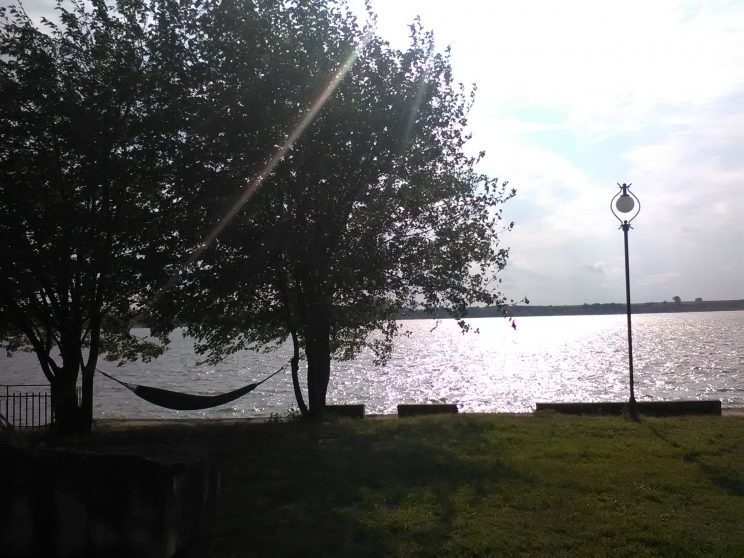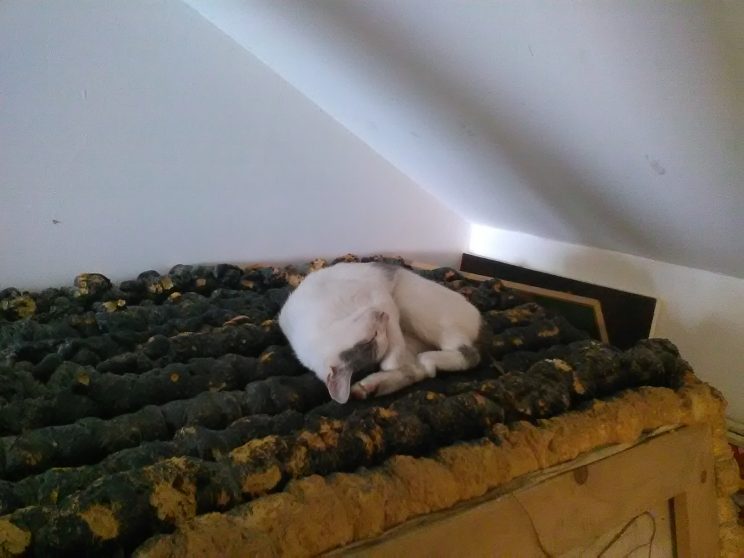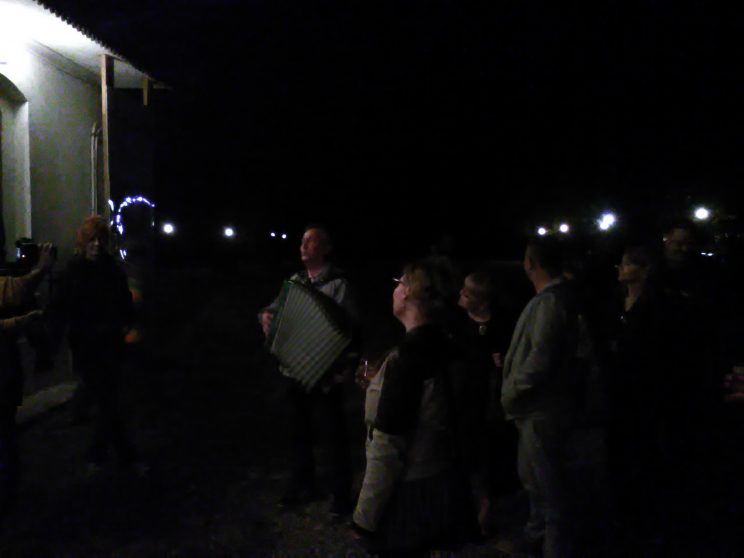
Ok, maybe the title is a bit of a clickbait, the 5 critics didn’t kill any bad filmmakers in Cetate. The real meaning would be this: there is no festival like Divan, and what happens there would be impossible to replicate in another place or festival.
I’ve been going there for the last three years and I’ve made my mind about it the first time I set foot there: the closest approximation to it would be the setting and atmosphere of a Cekhov play. Every August the place becomes a colony for film people. And because the place is fairly isolated, there is not much to do but lie in the sun and talk about cinema.

Divan is a Turkish word for couch that made it’s way into the Balkans during the Ottoman time, and it’s a perfect word for what is going on at this festival: for a few days we all became “Divan potatoes”, and film was on the menu every minute of every day.
Some of the most amazing food was also on the menu, because this is a special kind of film event, dedicated equally to cinema and food from the Balkans. The owner of the place where it all happens (the old port of the village now turned into Cultural Port Cetate) is Mircea Dinescu – famous contemporary Romanian poet and communist dissident turned chef, wine producer and host for a variety of cultural projects. Breakfast, lunch and dinner became the focal events of our days spent there. Ivan Pavlov would have loved to be there and study us. Although he could also have had his pick of dogs, the place is a haven for stray animals.

Apart from the workshops the organizers had scheduled for us, the three meals of the day were the only time landmarks we had. And a meal at Divan is not just what you eat, it’s food with good company. The conversations were so absorbing, that we constantly had to be told “come on, get up, the movie is starting”. Like we were some school kids with not a care in the world, the grown ups will arrange things for us. It felt like camp, it felt like film school again. One evening, a local artist playing traditional music had been brought to play for the guests of the festival. Nobody wanted to leave for the film. I think it was, Marian Tutui – the artistic director of the festival – who had the brilliant idea of telling the accordionist to start walking towards the old River Station turned into a small cinema theater.

We were in a Balkan film already, something Kusturica might have directed: a procession of film critics, university professors and all sorts of filmmakers being lured away towards the cinema.
The film we saw that evening was Parada by Srdjan Dragojevic. A comedy with a dramatic twist, about a homophobic Serbian gangster who makes a deal with a gay wedding planner: in order for his girlfriend to have a fancy wedding, he has to provide security services for the first Pride event in Belgrade. None of his old employees and friends want to have anything to do with him now, so he turns to his old enemies from the war: a Croat, a Bosnian Muslim and an Albanian from Kosovo, all macho war veterans.
Death in Sarajevo, the latest effort from Bosnian director Danis Tanovic – which won the directing prize in Berlin last year – was also one of the highlights of the festival. Each year Divan has a different theme, and this year it was Urban Stories from the Balkans. But the film that I was really looking forward to was Marilena from P7, a medium length gem from the late Romanian director Cristian Nemescu. It tells the tragic coming of age story of a young boy living in one of working class neighborhoods of Bucharest, who falls for a local prostitute. It is one of my favourite Romanian films, but I didn’t see it this time, though. The reason I was looking forward to this film was so that I could recommend it to my fellow critics, and the other people involved in the project. The 5C Project was an opportunity to discover the Balkans and new cinema from the Balkans, I was only too happy to oblige.
